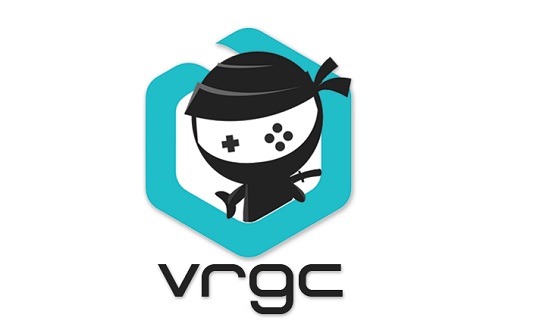Ice Pick Lodge’ weird survival game Knock-Knock is available now via Steam and puts players in the shoes of a lodger in a mysterious cabin which has served as a research lab for several generations. Weirdness aside, is Knock-Knock worthy of its asking price of £5.94/$8.49. Take a look at our Knock-Knock video review.
Knock-Knock Review Text Version:
Today we’re taking a look at Ice Pick Lodge’s cabin fever survival game Knock-Knock, where the idea is to take on the role of an insomniac lab worker who looks after the cabin-cum-research lab and fight off waves of mind bending unwanted guests. Although, there is no combat, and rather than engage the ethereal guests, players have to patch up the cabin by fixing lights and making inanimate objects appear, or hide in the shadows and hope the horrors go away. It’s an interesting concept for a game which ultimately works well despite its seeming simplicity.
From the offset, the basic gameplay ideas are pretty simple in that players react to visual and audio cues as to when the cabin has been compromised. Loud bangs on the doors, creepy voices and flashes of lightning all add up to the numbers of clues which aid the player in determining where the problems exist. Then, using very simple controls either left or right, or up and down ladders, players have to move through the rooms to fix the breaches – which is the simple act of fixing the light bulbs. Once light is produced, various items will appear in the room if the lodger character pauses momentarily. However, the guests come from all sides and if a breach isn’t taken care of quickly, then then problems start to occur and the guests can trap the player. The overall idea of each stage is to make it from dusk to dawn where positive actions progress time, and others such as getting hit by the guests, or even hiding like a coward reverse the time. It’s a restart checkpoint if the timer is reset back to zero and Game over if the character’s insanity meter is depleted. What’s really neat is the fact that the game levels are randomly generated so in each stage the cabin layout isn’t the same, and so if you fail, then restarting means a new layout is loaded. After playing for a while, it’s easy to become familiar with what items appear in what rooms – mostly crucially the hiding spots – and gain a better understanding of the vague like learning process required. Despite it’s simplicity, there’s some challenging moments and elements which takes players by surprise.
What’s interesting about the random generated levels is that it’s entirely possible to avoid contact with the guests for the majority of the game, but in another become hounded by them where even the opening levels become difficult to pass. This approach certainly works well in the game’s favour and adds some replay value as well.
Knock-Knock boast a colorful yet moody looking 2D side on world to explore which extends beyond the cabin and into the forest and dimly lit corridors for some variety. The art direction is of a high standard, and watching the main character uncover the story via diary pages brings out some charms of his own with the most basic of animations. What’s neat are the impressive shadow and lighting effects, and although the game is generally quite dark, the ray of light from the lodger’s candle makes for some cool moments in the darkness.
The game’s audio is perhaps one of its best features as it is expertly crafted to work within the gameplay, what with creepy voices and the sounds of open and closing doors to contend with amongst other oddities including a lead character that speaks in a charming garbled tongue. There’s a lot of spot sounds to mess with your mind, including some incidental music on occasion which adds to the foreboding atmosphere the game has in spades.
Knock-Knock isn’t the longest game, although does offer some secrets and two endings. As mentioned, the best draw for coming back is the fact that each level is randomly generated and makes for a welcome enticement to try again. Sadly, there’s no overall timer or incentive to beat ones own time, or additional modes to mess around with, as this perhaps isn’t the focus of the game, but would have helped make the replay value have a bit more meaning.
To conclude, Knock Knock is certainly a very different type of slow methodical game that relies on its solitary experience, the unexpected and its simplicity to ram home its point – which it does with an unabashed aplomb. And to think that fixing light bulbs in a game could be considered interesting is well proven here and it’s this factor which makes the game a joy to play – even if you don’t “get it” right away. For the asking price, the entertainment value is well worth it and a must play game if you like unconventional gems such as this one.
Score 8.5/10 – Review by Robert Cram




